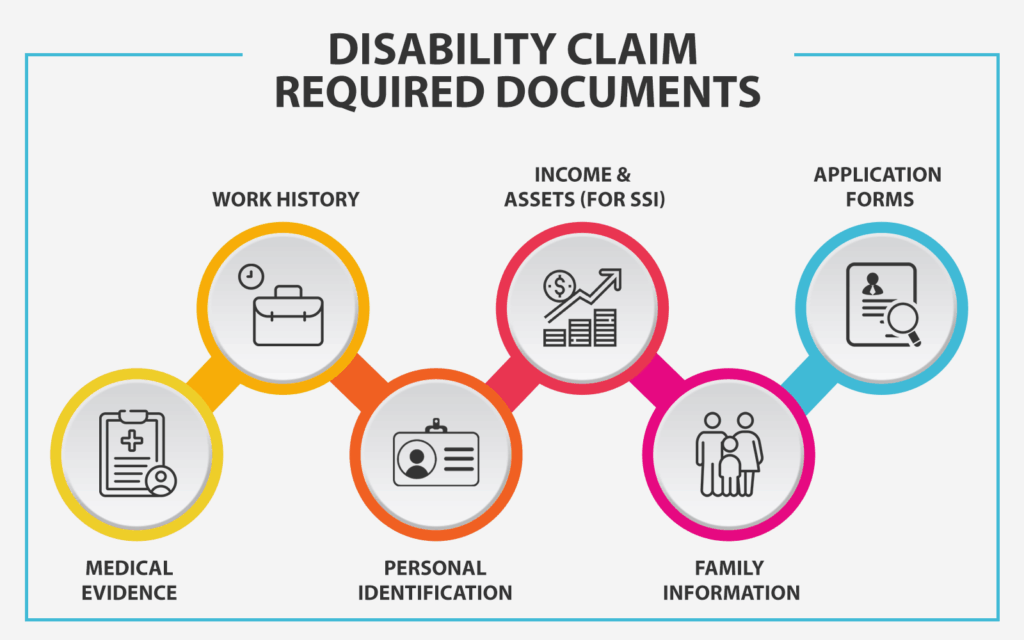
Can I Get Disability for Anxiety and Depression?
The short answer is yes, you can get Social Security Disability Insurance (SSDI) and/or Supplemental Security Income (SSI) benefits for anxiety and depression. However, to qualify for these benefits, the conditions need to be long-term and severe enough to prevent you from earning a living. In this article, we’ll explain what the Social Security Administration (SSA) considers to be too high of an income to qualify for SSDI or SSI benefits generally.
At the Keener Law Firm, we have been winning approval of disability benefits for people suffering from long-term injuries and illnesses for over 20 years. Our focus on Social Security disability law has enabled us to gain a comprehensive understanding of all the regulations that apply to SSDI and SSI benefits and how to present thousands of win benefits for deserving people with disabilities in Georgia and throughout the U.S. If you are thinking about filing for SSDI or SSI disability benefits or you have been denied benefits, contact our office today for more information and help.
Understanding SSDI and SSI
SSDI is a program that workers contribute funds to throughout their working life. Once a worker has worked and paid taxes for a sufficient number of years, they become eligible to receive Social Security Disability Insurance (SSDI) benefits. The amount of the SSDI benefit someone receives is proportionate to their average annual income over their highest earning 35 years.
SSI, on the other hand, is a needs-based program for low-income individuals who have either never worked or have not earned enough work credits to qualify for SSDI. SSI payments are determined based on a set federal benefit rate, which might be supplemented by the state in which one resides.
Qualifying for Disability Benefits for Depression and Anxiety
Depression and anxiety can be truly disabling conditions and the Social Security Administration rightly includes these severe impairments among the illnesses that merits full benefits in cases that meet the government’s criteria.
To qualify for disability benefits for depression or anxiety, applicants must meet the definition of disability used by the government regardless of the nature of the claimed disability:
The Social Security Administration defines a disability as a physical or mental impairment that lasts or is expected to last at least 12 months and prevents the applicant from performing substantial gainful activities.
What Are the Criteria to Receive SSDI or SSI for Anxiety and Depression?
The Social Security Administration publishes a manual detailing the specific criteria each mental or physical impairment should meet to certainly receive disability benefits. This manual is called the “Blue Book.” However, when cases are presented in which only some of the criteria are met, or when the case is complicated by a combination of impairments, the services of a knowledgeable and skilled disability lawyer is often needed to advocate and fight for the claimant’s benefits.
Mental health conditions are addressed in the Blue Book just as physical impairments are. Depression is found in §12.04 and anxiety §12.06 of the manual.
Can I Get Disability for Depression
The criteria for depression to be severe enough for the sufferer to receive disability benefits requires that their mental disorder must be “serious and persistent” with a documented history of the impairment over a period of at least 2 years. In addition, they must have medical documentation of certain depressive disorder symptoms or display symptoms of bipolar disorder, and also suffer either an extreme or marked limitation of their mental functions.
Can I Get Disability for Anxiety
For anxiety, the SSA requires the disability claimant to show documentation that they suffer with either an anxiety disorder (3 of these: restlessness, easily fatigued, difficulty concentrating, irritability, muscle tension, or sleep disturbance); a panic disorder (panic attacks followed by fear of repeat attacks, disproportionate fear or anxiety about two daily life situations), or obsessive-compulsive disorder). In addition, the SSA manual requires an extreme limitation of one mental function or a marked limitation of two.
These descriptions present only an overview of how the SSA determines whether a claimant’s depression or anxiety is severe and persistent. But the facts of every case differ and many disability claims do not fit neatly into the predefined categories. Instead, disabled people’s lives are complex, often presenting with combinations of various impairments that cumulatively leave them unable to earn a living to support themselves or their families.
Documenting Your Depression and Anxiety Disability Claims
All SSDI and SSI applicants must provide comprehensive medical evidence to support their claim, including treatment history, medication records, and statements from treating physicians. As mentioned above, the claimant’s treatment history should include two years of periodic visits with an appropriate healthcare provider with a documented record of progress or lack of progress.

While people filing disability claims are not required to work with a disability lawyer, no one should attempt to complete this process without consulting an experienced professional disability law specialist. Disability claimants who choose to prepare and file by for SSDI or SSI benefits alone or with the help of untrained friends or family too often learn that their application was incomplete or lacked the evidence necessary to support their claim.
Incomplete disability applications typically need to be supplemented with documentation that slows the determination process by months. Those filed without sufficient supporting evidence are frequently denied initially. Any disability applicant whose claim is denied should appeal the denial, ideally with the assistance of a skilled professional disability lawyer.
At the Keener Law Firm, our disability lawyers and staff members work on Social Security disability claims every day, ensuring that any claim submitted to the SSA is prepared and submitted only after optimizing the claimant’s chance of approval.
We cannot emphasize enough the importance of filing a detailed application complete with all the supporting documents available.
Conclusion
The amount of disability one can get for depression and anxiety through SSDI or SSI varies significantly based on individual circumstances.
Given the many variables that affect when a disability claim may be approved or denied, all SSDI and SSI applicants should consult with an experienced disability attorney like those at The Keener Law Firm to ensure that their application is as strong as possible and to maximize the chance of prevailing in any appeal that may be necessary.
Send Us a Message
Recent Posts
- How Long Does It Take to Win a Disability Appeal in Georgia?
- What Mistakes Can Delay Your Disability Benefit Approval in Georgia?
- How Disability Hearings Work in Georgia: Process & Legal Tips
- What Medical Evidence Do You Need for a Disability Claim?
- Top Reasons Disability Claims Get Denied in Georgia